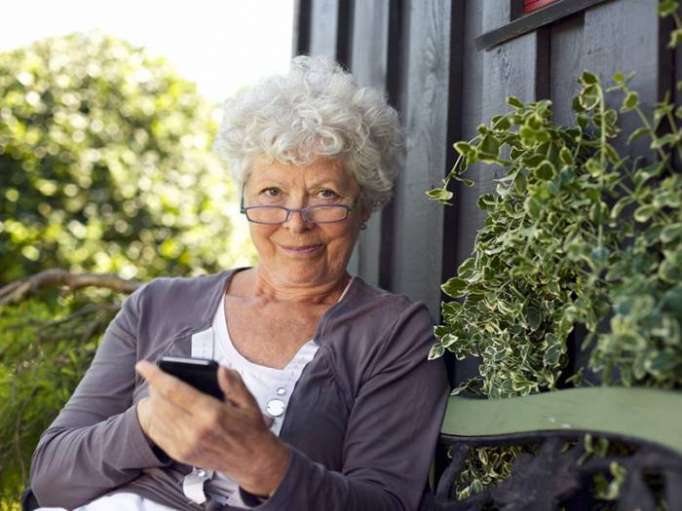Experts in the aging space told CNBC that this will begin to shift in the coming years. One way to speed that up would be for the tech industry to hire people who understand the needs of this population. In other words, they should hire older Americans.
"This is a total blind spot for technology companies," said Katy Fike, co-founder of Aging 2.0, a group that supports entrepreneurs in the aging space.
Fike said these companies should particularly consider hiring and interviewing more older women.
"Women tend to live longer and continue to make buying decisions for their families and aging parents," she said. "This is the polar opposite group to the young, male tech worker."
The median age of the American worker is 42, but Silicon Valley is younger. According to research group Payscale, the median age is 29 at Facebook, 40 at Google, 31 at Apple and 30 at Amazon.
The companies have all the tools necessary to accelerate the shift. Voice interfaces like Amazon's Alexa, Apple's Siri, Microsoft's Cortana and Google's Assistant are moving in the direction of letting people converse more naturally with technology to get the answers and information they need.
Michael Skaff, a veteran tech worker and now the chief operating officer for the Jewish Senior Living Group, said voice assistants have "a democratizing effect."
People who never got comfortable with smartphones may might find it easier to converse with a voice assistant, he said. It's also a promising technology for people with disabilities, especially those with visual impairments or motion disorders who struggle with visual interfaces.
But Skaff said the new products still have a long way to go.
For instance, he said seniors typically prefer that voice assistants greet them immediately after setup, rather than relying on user activation. Another common complaint is that the voice is typically to low for people who are hard of hearing and should be easily adjustable, Skaff said.
An Amazon spokesperson said in an email to CNBC that the Echo is currently used by older people for controlling thermostats, lights and other connected devices that would otherwise require them to go up and down stairs. For people who are hard of hearing, the company recently launched Alexa Captioning, which "gives customers who are deaf or hard of hearing the ability to see Alexa's responses in text on the screen," the company said.
Skaff said there are many more tweaks that tech companies could make with the help of older workers and focus groups.
Busting myths
A prevailing myth is that older people are less comfortable with technology than their younger counterparts.
In fact, the vast majority of people over 65 have a cellphone. And many opt to use laptops and tablets because of the bigger screens and touch-pads, studies show. In response to increasing demand, AARP and other groups that represent seniors are now offering classes to help older Americans get up to speed with the latest technology, including gadgets and apps to help them live independently for longer.
"The 60-year-old now is different than a decade ago," said Joe Angelelli, a Pittsburgh-based gerontologist who has dedicated his career to studying aging. A key shift is in their level of optimism about the potential of technology.
"There's a learning curve, but once it's addressed then seniors can use these products just fine," he said.
Angelelli said other types of devices that could help seniors include sensors in the home that help detect falls and voice assistants that provide check-ins to help people who feel isolated.
That may mean adding a little grey hair to the workforce.
"I like to think of it as diversifying their perspective by design," Angelelli said.
CNBC
More about: Apple
















































